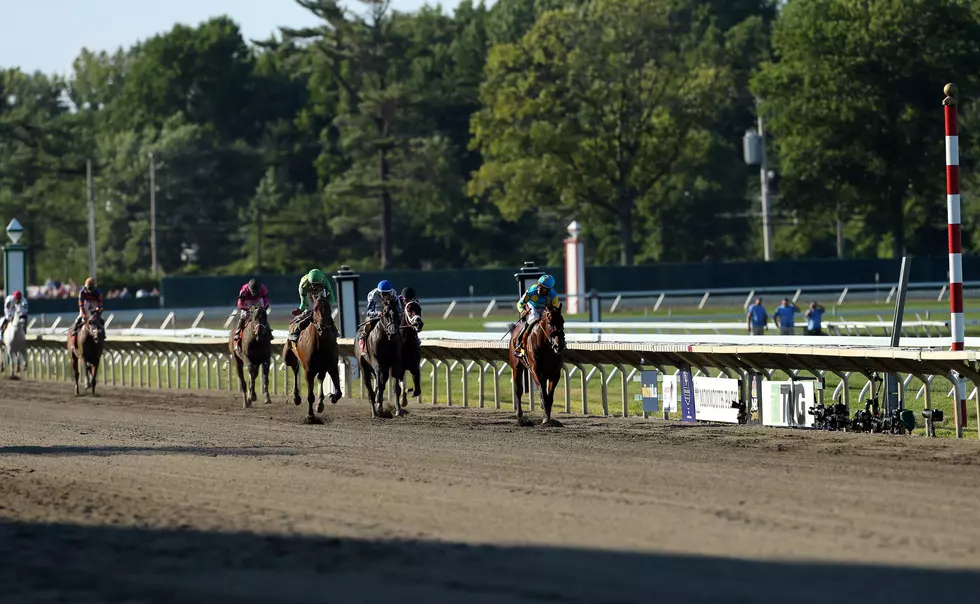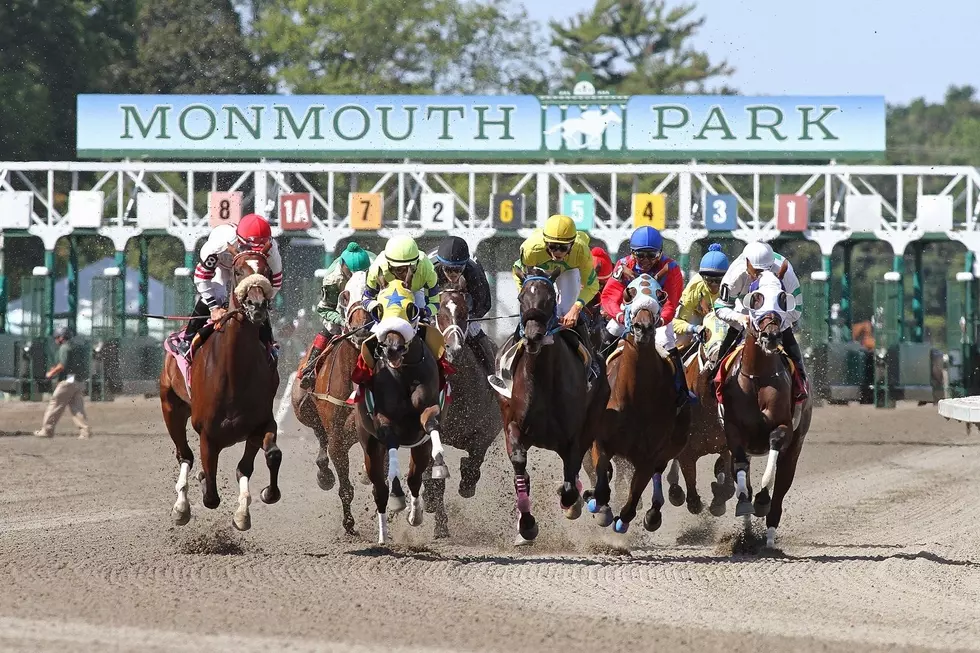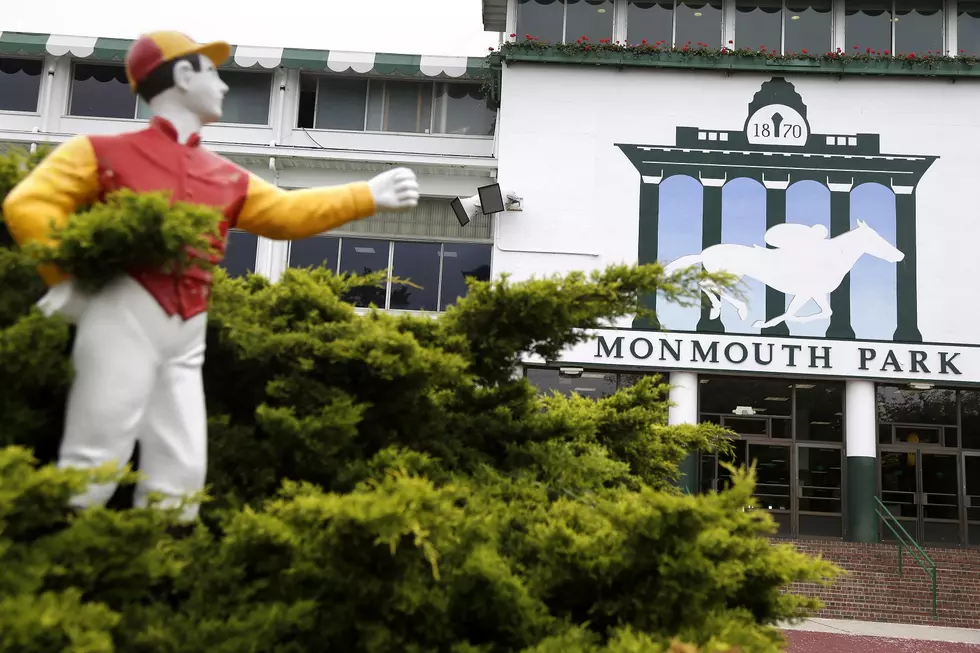
New Jersey’s horse racing industry hopes for change in luck
As Monmouth Park prepares to open its gates next month for a new season, New Jersey's horse racing industry continues to deal with sagging track attendance and betting numbers as the battle for entertainment dollars goes on.
And with more customers making bets online or at off-track sites, racetracks are working to remake their sites and offer new amenities as a way to draw more customers -- especially younger fans -- who they hope will revitalize the once vibrant industry.
How those efforts play out will not only affect the industry's future, but those of farms, horse breeders, veterinarians, blacksmiths and others in the equine and agriculture industries.
"The biggest issue facing the industry is replacing the older generation of fans with a younger generation of fans, but that can be difficult, especially as the younger generation wants more of an `experience' than just horse racing," said Michael Colangelo, assistant director of projects for the University of Southern California's Sports Business Institute.
Races can still draw large crowds, but usually only when they are considered a marquee event, such as the Kentucky Derby, or when a celebrity horse like Triple Crown winner American Pharoah is competing.
Monmouth Park drew a record crowd of 60,983 when American Pharoah won the Haskell Invitational last August. When he was led into the paddock, the crowd stood 15 deep around the railing, straining to get a photo of the colt.
"These are events to be seen at and also a life experience, especially for younger fans who may want to dress up, wear big hats and have a party/event experience over watching races," Colangelo said, adding that the industry needs to focus on educating casual fans on racing and what it offers.
BEYOND THE TRACK
Developing new revenue streams is vital to efforts to revitalize racetracks, experts say, especially as New Jersey has cut lucrative subsidies that helped prop up the long- suffering industry.
New Jersey's casinos stopped enhancing purses in 2011 and turned over horse racing operations to the private sector. Total purses dropped from $47.5 million in 2010 to $22.7 million in 2013, and total wagers dropped from $480.7 to $266.4 million over the same period, according to a Rutgers University study.
Bob Kulina, president of Darby Development LLC, which operates Monmouth Park in Oceanport, said it's harder to compete with only one source of revenue when tracks in other states have other options, including gambling.
To help draw in fans, the track has staged events such as hosting food trucks, cultural festivals and classic car shows. It also plans some improvement projects, including a high-end restaurant and amphitheater, putting a new roof on the grandstand and upgrading its video to high definition.
GAMBLING EXPANSION
Voters will decide in November whether to allow gambling to expand to two sites in northern New Jersey, and the Meadowlands track is considered a likely location for one of the new casinos.
Meadowlands racetrack owner Jeff Gural, who has fought a lengthy battle to get a casino there, has said he remains hopeful but concerned about the racing industry's future.
The dated track was rebuilt a few years ago to create what Gural called a "modern, correctly sized" facility with the goal of attracting a younger crowd and renew interest in racing.
The Meadowlands has experimented with different promotions in recent years, such as food truck events and camel and ostrich races. But Gural believes a casino would draw in new fans and keep current ones from heading to out-of-state racinos.
SPORTS BETTING
Monmouth Park has been very involved in efforts to bring legal sports betting to New Jersey. The state's efforts have been stymied by a 1992 federal law that restricted sports betting to Nevada, the only state to allow betting on individual games, and three others that had approved limited multigame parlay pools.
Supporters believe that sports betting would provide a financial boost for racetracks and the state. But the proposal has been strongly opposed by the four major professional sports leagues and the NCAA, who feel it would damage the integrity of the games and lead to a higher incidence of game-fixing.
In the meantime, the state next month will allow bettors to begin exchange wagering. The new type of betting allows people to make multiple bets before and during a particular race.
(Copyright 2016 The Associated Press. All rights reserved. This material may not be published, broadcast, rewritten or redistributed.)
More From New Jersey 101.5 FM









